05.04.2022.
– Collection of evidence on the massacre in Bucha
Lviv (Ukraine), 5 April 2022. After the Russian military left the Kyiv region, Ukrainian troops discovered mass graves there. Massacre in Bucha city attracted a lot of attention from journalists. On April 3 and 4, hundreds of foreign journalists arrived in Kyiv to record these crimes for the world community. On April 4, President Volodymyr Zelenski met with journalists.
Press Emblem Campaign (PEC) stresses that journalists are key players, they are witnesses. They can contribute to the collection of evidence, which may be used in court at a later stage. Documentation of the crimes on the ground can help the justice efforts under way to identify the perpetrators. To do their job independently they need protection.
Foreign journalists should be careful while working in areas that have recently been liberated from Russian occupiers. All the forests and roadsides there are mined, the sappers and deminers must first do their job.
It is also unsafe to work in the east of Ukraine in the Lugansk and Donetsk regions. Russian troops are starting a new offensive in this area and the front can move very quickly to where there are still no Russians today. As we already wrote, many Ukrainian journalists ended up in Russian-occupied territories. The usual practice in such cases for Russians is to ban all Ukrainian media. However, journalists continue to write about the situation in the occupation on an anonymous basis for independent Ukrainian and international media.
PEC condemns the killing of Maks Levin
40 days after the Russian invasion, 9 journalists (one into military service) were killed (local and international both), dozens wounded, two were kidnapped by the occupiers. One journalism teacher and one documentary filmmaker also were killed.
Press Emblem Campaign (PEC) condemns the killing of Ukrainian photojournalist, documentary photographer Maks Levin (40) found dead near the village of Huta Mezhyhirska in Kyiv region on Friday. He left four minor sons, a wife, and elderly parents.
Maks, accompanied by Oleksiy Chernyshov, a serviceman and former photographer, went to Huta Mezhyhirska on March 13 to document the consequences of the Russian aggression. They left a car and headed towards the village of Moshchun. Since then, the connection with both men was lost. Later it became known that intense fighting broke out in the area where Maks was going to work. The whereabouts and fate of Oleksiy Chernyshov have not been established yet, according to LB.ua, for which Levin worked for more than 10 years.
According to the preliminary information released by the press service of the Prosecutor General’s Office, unarmed Levin was killed with two shots from small arms by servicemen of the Russian Armed Forces. The case over violation of laws and customs of war (Article 438 of the Criminal Code of Ukraine) was opened. The pre-trial investigation is underway, measures are being taken to establish all the circumstances of the crime.
Maks Levin also contributed for Reuters, BBC, TRT World, Associated Press, Hromadske. His photos were published by the Wall Street Journal, TIME, Breaking news Poland, EU AGENDA, World news, The Moscow Time, Korrespondent.net, ELLE, TV-24, Radio Bulgaria, Ukraine Crisis Media center, Vatican news, RFE/RL. In addition to journalism, Levin created dozens of photo and video projects for humanitarian organizations, such as the World Health Organization (WHO), UN, UNICEF, OSCE, UN Women.
Ukrainian authorities continue pressure on uncontrolled media
In our last report dated March 28, we wrote that the Ukrainian authorities have tightened control over the work of journalists in Ukraine. In particular, they imposed restrictions on filming the results of missile strikes, infrastructure facilities and military installations. They also tried to unite all socio-political and news TV channels into one channel, United News.
However, such actions of the Ukrainian authorities caused rejection on the part of journalists and specialized organizations that protect the media.
On March 30, a closed meeting of journalists and representatives of the Ministry of Culture and Information Policy and the Ministry of Defense of Ukraine was held in Kyiv. Following this discussion, both ministries issued a joint statement in support of journalists. And although there is little specificity in the statement itself, journalists note an improvement in communication with the military last week.
On April 4, the authorities cut off digital air broadcasting from Espreso, Pryamiy and Channel 5, which had been critical of President Volodymyr Zelensky before the war. The channels continue to broadcast on cable networks and vis satellite, as well as on the Internet.
Ukraine expelled a Dutch journalist
On April 3, the Security Service of Ukraine forcibly expelled Dutch journalist Robert Dulmers from Ukraine. The journalist was deprived of his accreditation and expelled for violating the requirements for publishing photos and videos of the results of the rocket attack on Odessa. Robert Dulmers posted videos and photos of the shelling on his Twitter account immediately after the missile strikes.
His publications contained information that makes it possible to identify the exact location of the missile strikes. This allows the Russian artillery to adjust their sights and strike again or report a successful hit.
Earlier the Security Service of Ukraine urged journalists not to take photos and videos of the explosions, not to disseminate information about the places of shelling and where enemy missiles are flying until the official sources said it.
Andrii Ianitsky is journalist now based in Lviv and PEC Representative in Ukraine ([email protected])
His first report was published on 19 March 2022, his second on 28 March 2022
for more info: www.pressemblem.ch
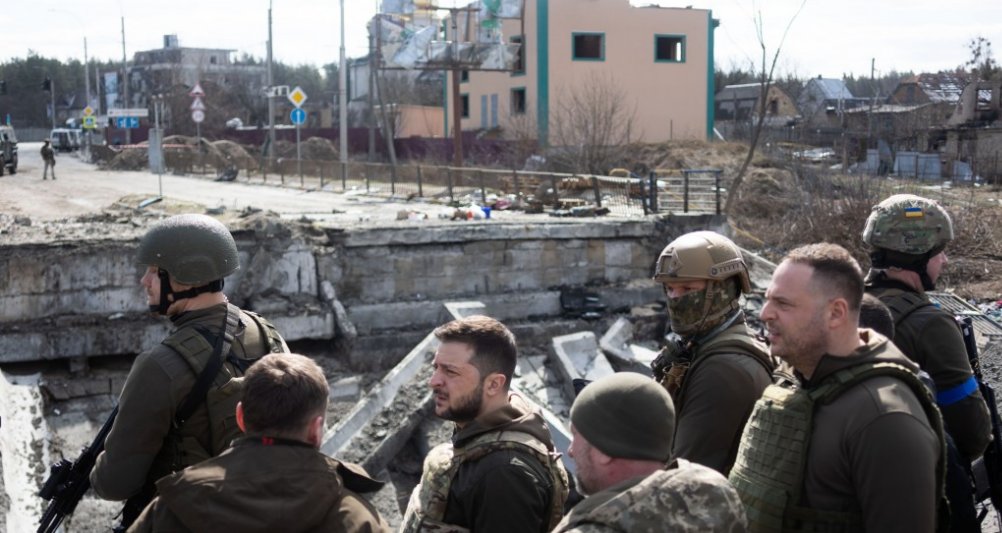

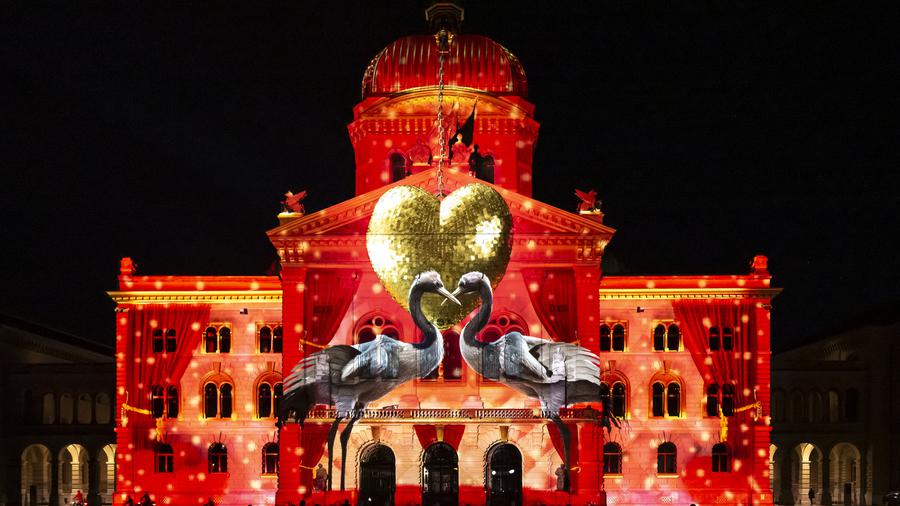




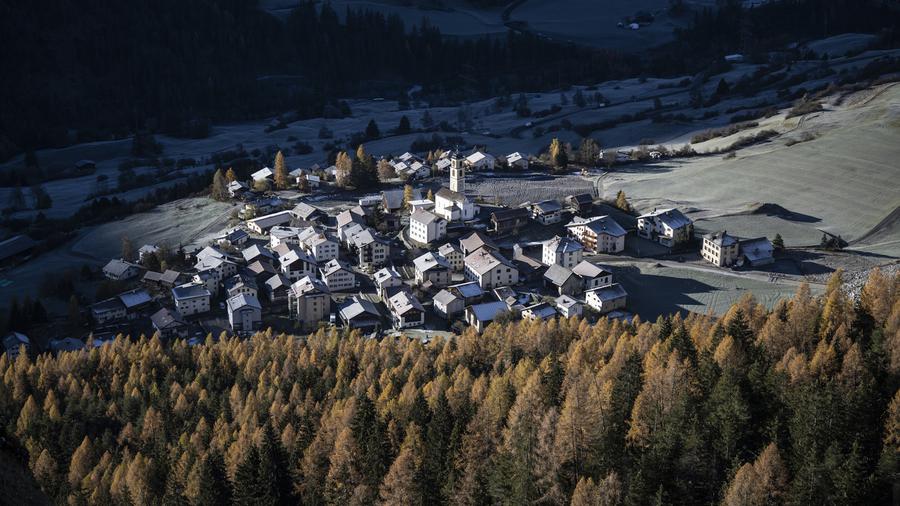
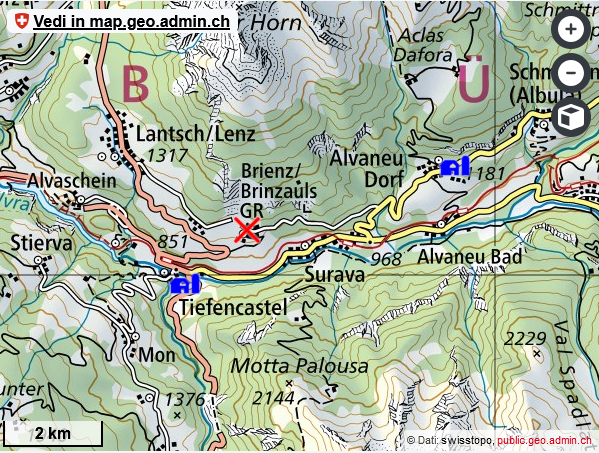




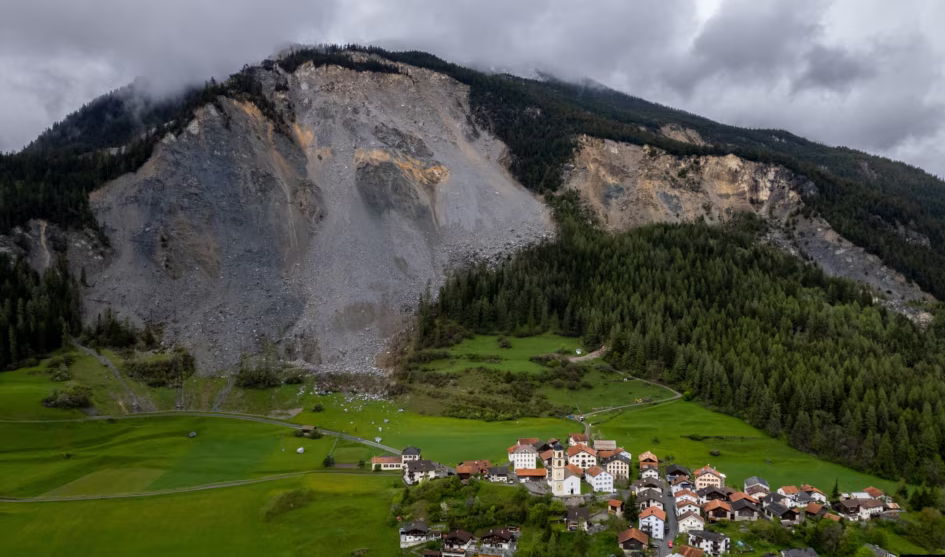

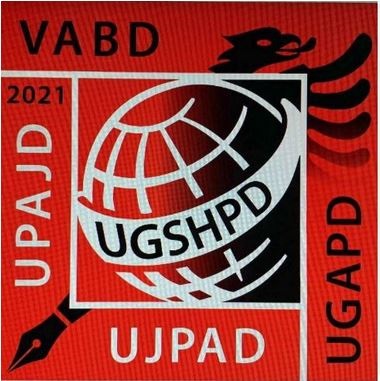













Komentet